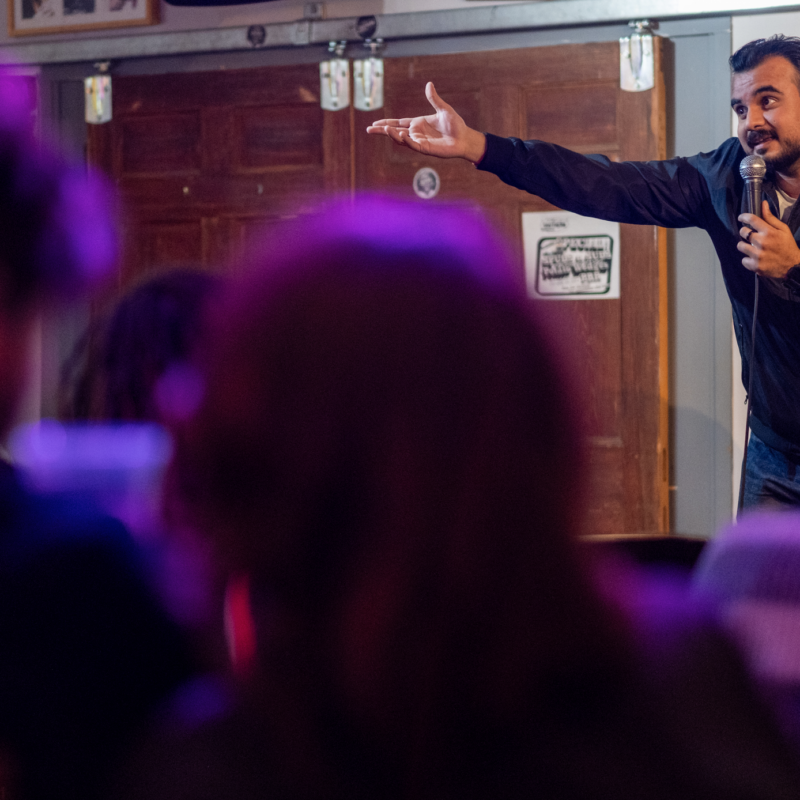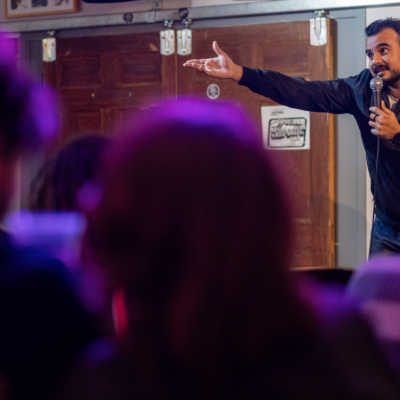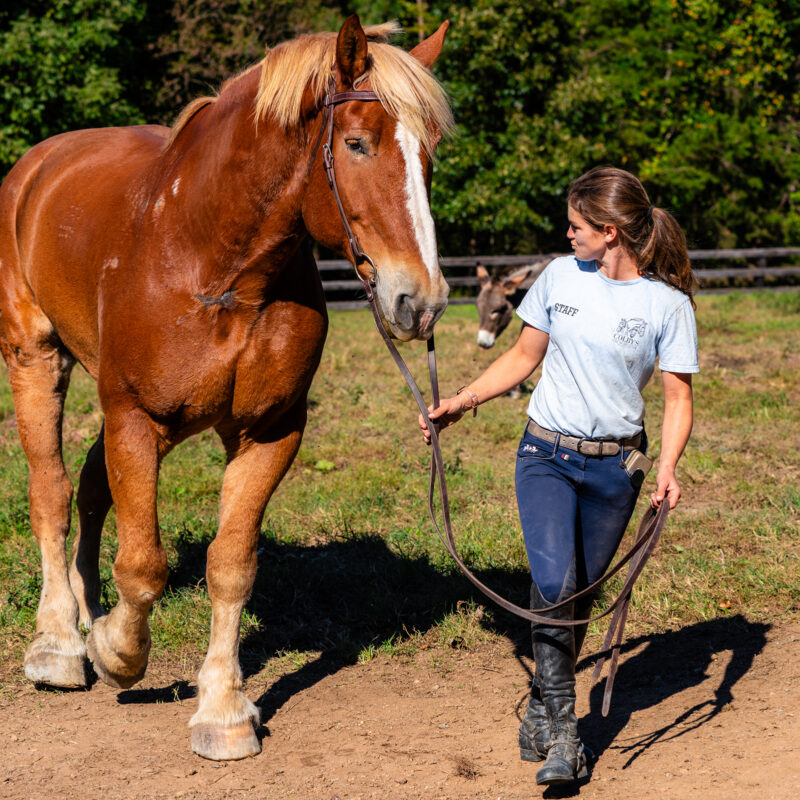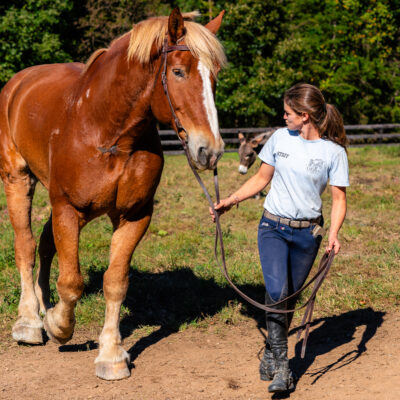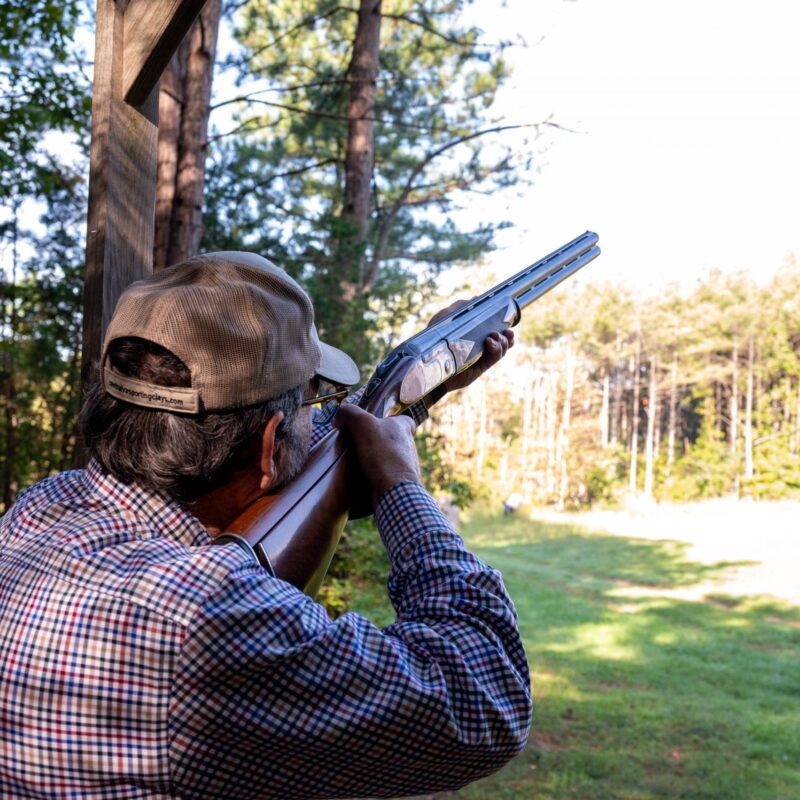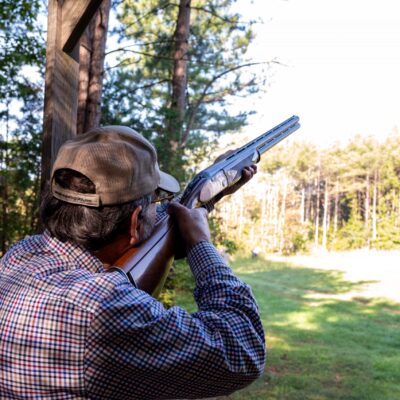If your dad, as mine once did, blasts Bob Marley’s “Buffalo Soldier”—a song about being “stolen from Africa” and then fighting for your life—to summon a carefree vibe every time you drive to the beach, then you’ll have some context for this question: Why do humans, when faced with oppression, make music that the unoppressed savor on joyrides and at the beach?
|
Vusi Mahlasela, pictured, and Taj Mahal recorded Mahlasela’s new album Say Africa locally at Dave Matthews’ Haunted Hollow studio. |
I asked Vusi Mahlasela, who rose to fame in his native South Africa during the anti-apartheid movement, even earning the moniker The South African Bob Dylan—or simply, “The Voice.” Mahlasela was largely unknown in the U.S. until he was featured in the celebrated 2002 documentary Amandla! The film showcases the musicians who provided a soundtrack for a South African uprising that would ultimately lead to the end of apartheid. “The good things that we have now, they didn’t just come about,” says Mahlasela, who performs at The Jefferson Theater on February 20 with Jay Pun and Morwenna Lasko. “People died for it, and people worked for it very hard, and we play music to remind of that.”
In spite of all he’s been through, put on Mahlasela’s new disc, Say Africa, and you won’t hear the music of a guy who’s been beaten down. The music is resolutely hopeful, bearing the limber vocals and springy syncopation that has made the South African musicians Miriam Makeba and Ladysmith Black Mambazo popular stateside for decades—and that has earned Mahlasela fans worldwide. The disc, which is Mahlasela’s third with ATO Records, was recorded locally and produced by the blues and world music legend Taj Mahal, at Dave Matthews Band’s Haunted Hollow studio.
Matthews calls Mahlasela a personal inspiration, and Mahlasela’s story helps to explain why. Mahlasela says that, after falling in love with the sound of bands singing in the shebeen, or speakeasy, that his grandmother ran, Mahlasela crafted a guitar out of cooking oil cans, fishing wire and wood. He says members of his first band all played instruments of their own creation. (They were called the Pleasure Invaders.) He started writing his own songs and joined with a group of poets, eventually catching the eye of Nobel-winning writer Nadine Gordimer, whose special interest in the guitarist led her to finance his lessons. But as Mahlasela’s songs grew in prominence, so did he grow in disrepute with the local authorities. He spent the 1980s haunted by police, who monitored his every move and confiscated his writings.
Rather than fade away when the legal policy of racial segregation was revoked, apartheid’s end validated the power of Mahlasela’s songs. And so through the 1990s Mahlasela’s star rose; he performed at Nelson Mandela’s inauguration in 1994, at Live 8, and, more recently, at the 2010 World Cup opening ceremony in Johannesburg.
Asked how he channeled the political ills of his youth into hopeful—even effusive—music, Mahlasela refers to the story of Makeba, the singer whose South African citizenship was revoked for campaigning against apartheid. She parlayed her years in exile into a successful international career that brought South African music into international focus.
“You just have to keep on singing,” says Mahlasela. “Today when I look back, I’m happy that I did what I did.”
From hell
Classical composers often aspired to a folksy ideal, but none ever went so far as to create an epic folk opera. That’s just what the Vermont songwriter Anais Mitchell did on last year’s Hadestown, which riffs on the myth of Orpheus and Eurydice, and as far as songcraft goes, goes miles beyond your standard issue concept album.
Mitchell is taking the ragtag act on the road in a silver spraypainted school bus, and for all the Virginia stops she’s enlisted some top-notch regional talent: The cast includes Paul Curreri, Devon Sproule and Carleigh Nesbitt, among others, who will perform the parts sung on record by luminaries like Bon Iver and Ani DiFranco.
Should be an interesting night; catch it at the Southern on Thursday.
/VusiPressPhoto1.jpg)
